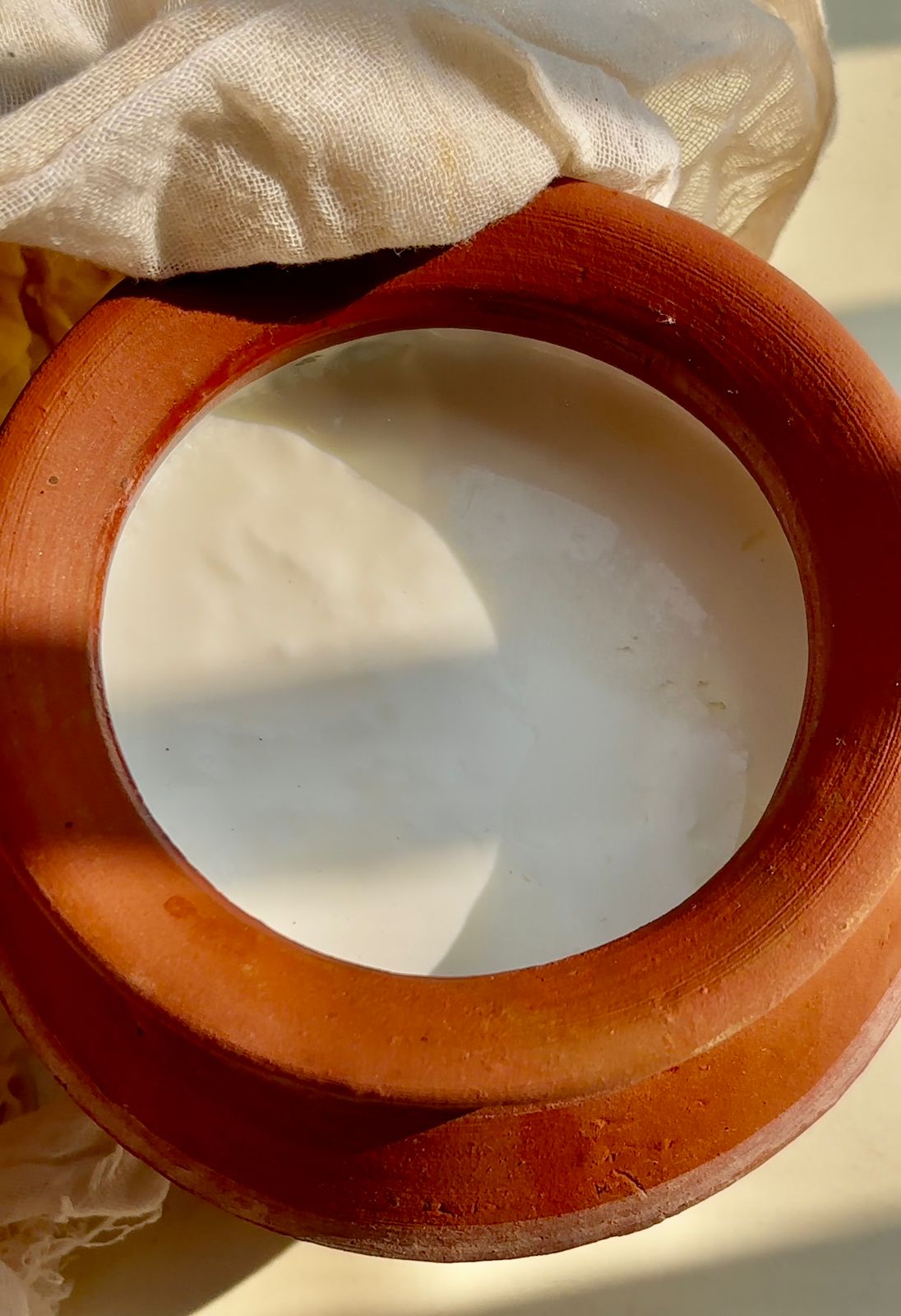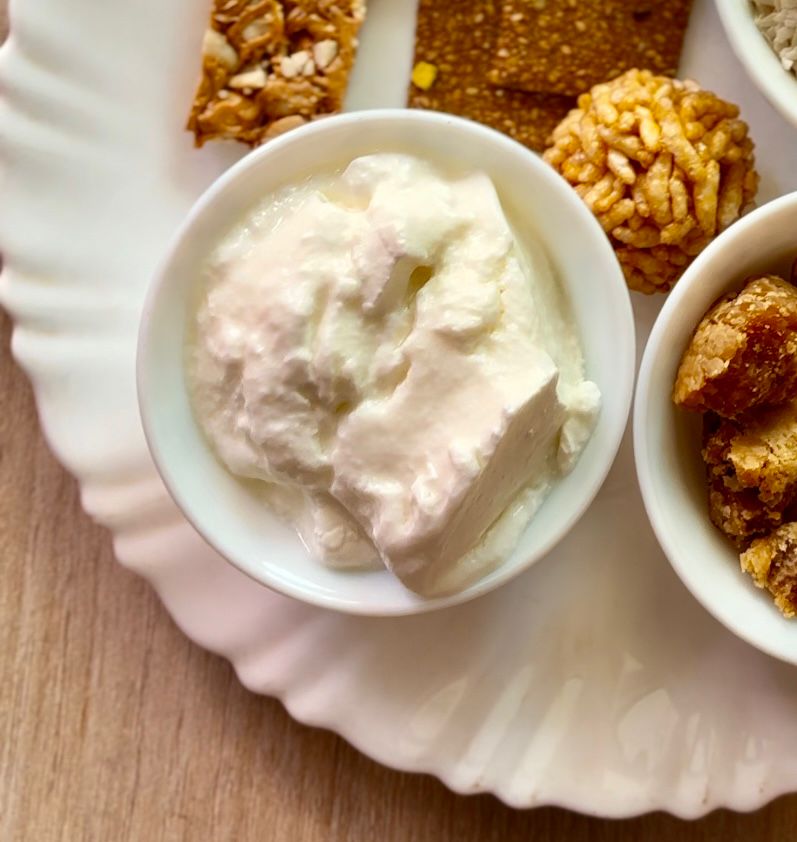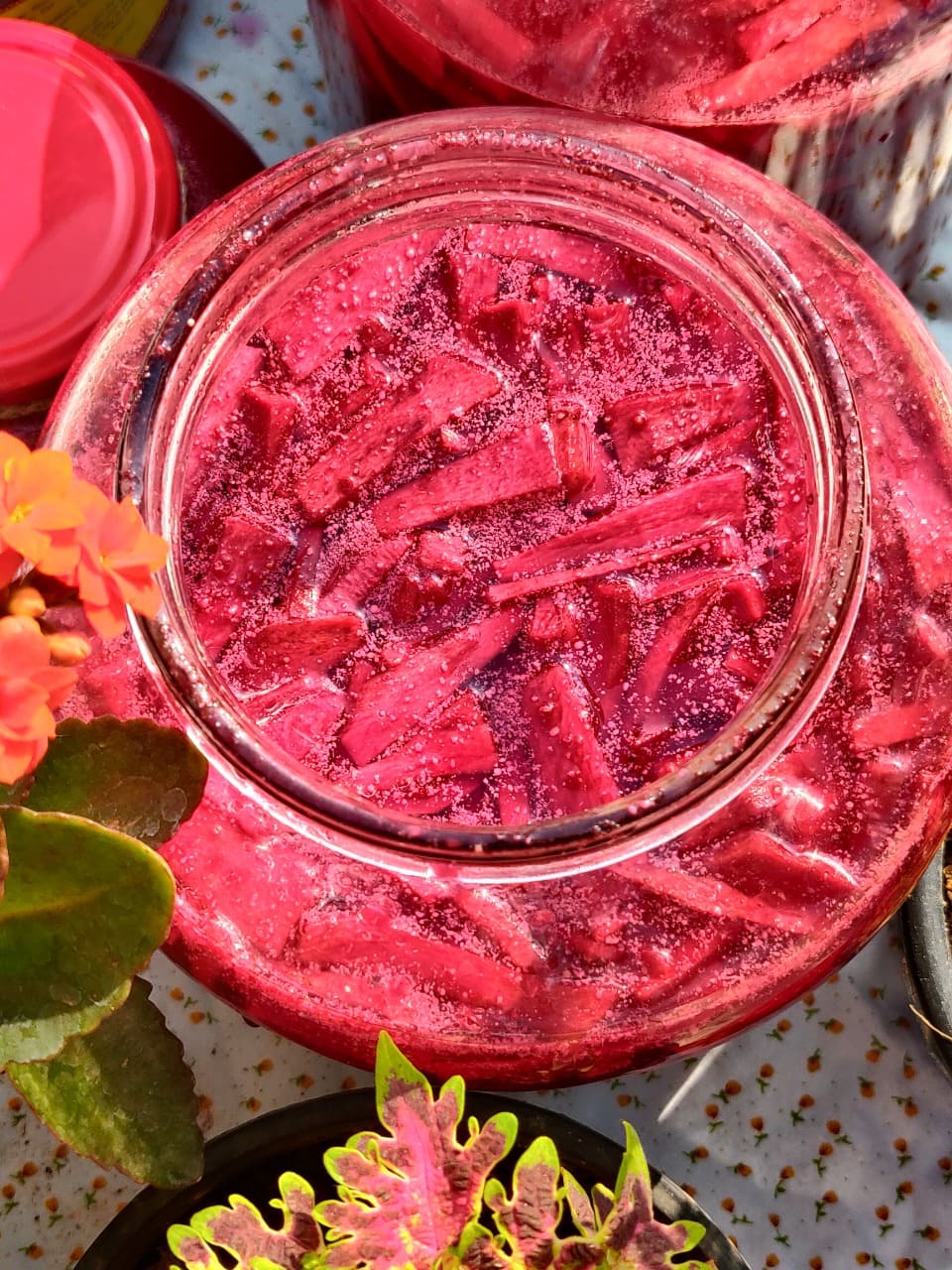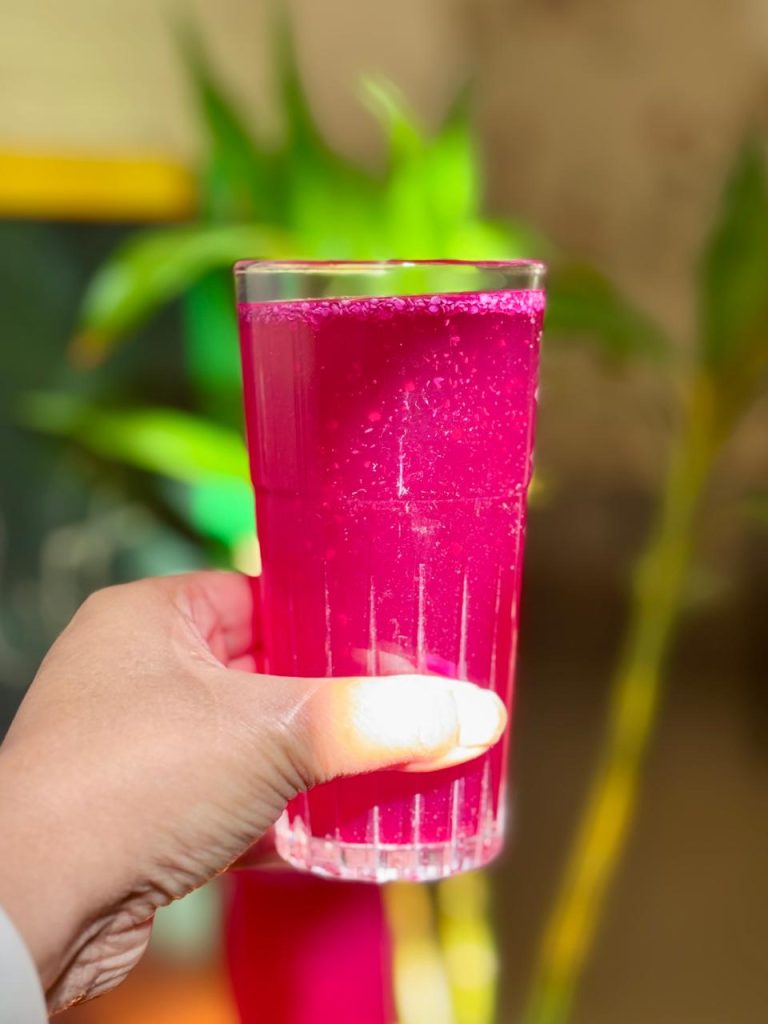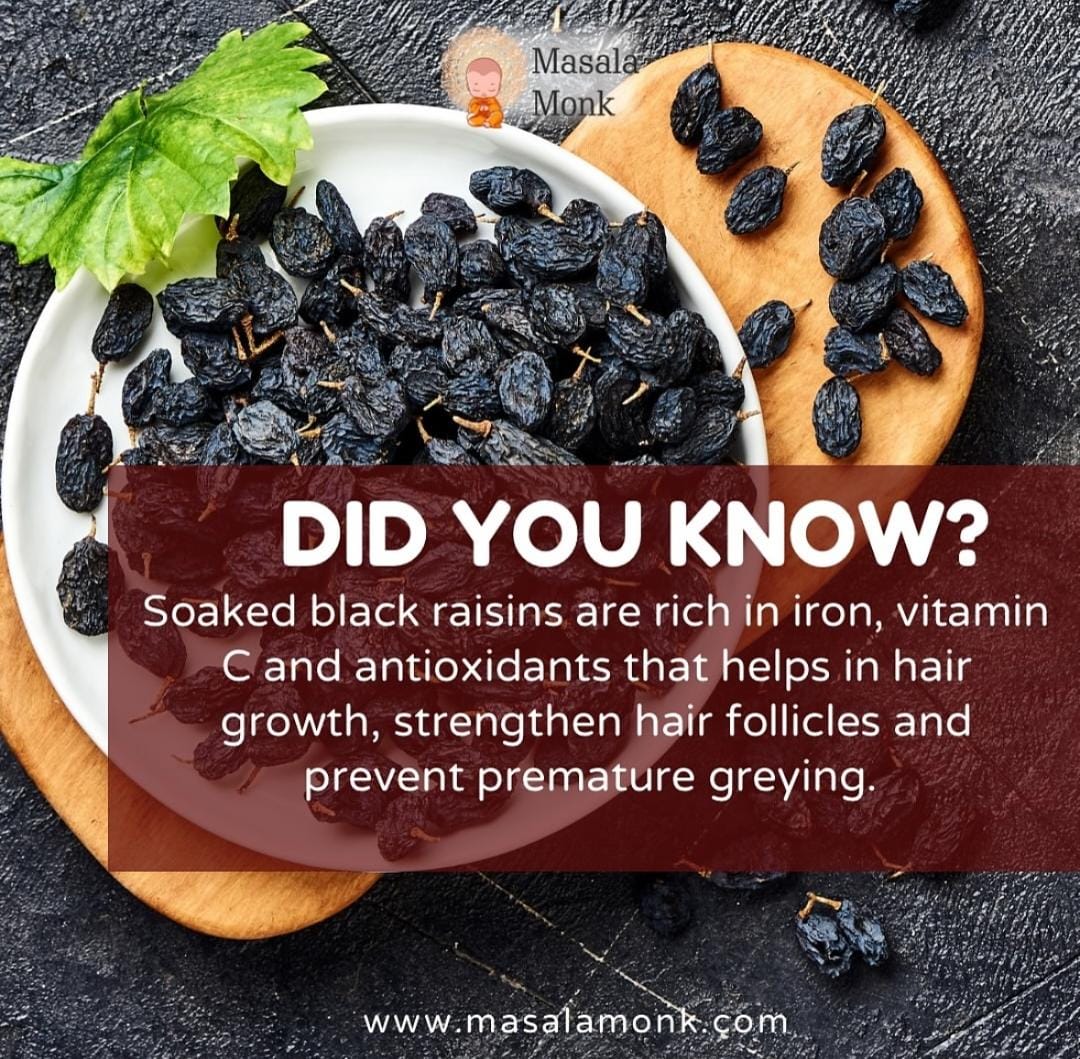
In the world of natural remedies and traditional wellness, soaked black raisins(munakka) stand out as a humble yet powerful superfood. Packed with essential nutrients like iron, vitamin C, and potent antioxidants, these small wrinkled bites can deliver a punch of health benefits—especially when soaked overnight and consumed in the morning. Let’s explore why soaked black raisins deserve a spot in your daily routine:
Boosts Hair Health
- Rich in iron, black raisins improve blood circulation to the scalp, promoting healthy hair growth.
- Vitamin C helps in iron absorption and collagen formation, strengthening hair follicles.
- Regular consumption may help reduce hair fall and premature greying.
Combats Anemia
- Iron deficiency is one of the most common causes of fatigue and low immunity. Soaked raisins help restore healthy hemoglobin levels and fight anemia.
Improves Skin Texture
- High in antioxidants, they combat oxidative stress, reduce free radical damage, and give the skin a radiant glow.
- Prevents acne and keeps skin hydrated from within.
Good for Heart Health
- Contains potassium and magnesium, which regulate blood pressure and keep your heart healthy.
- Helps in maintaining cholesterol levels.
Aids Digestion & Fights Acidity
- Natural laxatives, they improve digestion and relieve constipation.
- They also help reduce acidity due to their alkaline nature.
Boosts Immunity
- Loaded with antioxidants, vitamin C, and other micronutrients that keep seasonal infections at bay.
How to Consume Soaked Black Raisins(munakka)
Take 8-10 black raisins(munakka), rinse thoroughly to remove any dust or residue. Soak overnight in a bowl of clean water (room temperature). In the morning, eat the raisins on an empty stomach. You can also drink the leftover water—it’s packed with nutrients. You can add munakka in your daily diet in various way, add black raisin (Munakka) in your breakfast bowl like oatmeal, smoothie, muesli etc.
How Much Should You Consume?
It’s recommended that 8–10 raisins per day is enough. Do not overconsume, as raisins are high in natural sugars and can cause a sugar spike if taken in large quantities. Best Time to Consume: Early morning on an empty stomach. People with diabetes should consult a doctor due to the natural sugar content.
Soaked black raisins are a small change with big benefits. From glowing skin and strong hair to better digestion and boosted immunity, they truly are nature’s little miracle. A few minutes of prep the night before can lead to noticeable changes in your energy and appearance.
We’d love to hear how you enjoy it! Whether it’s soaked, blended, or added to your favorite dishes — share your experience in the comments below. Your tips might inspire someone else to start their munakka journey too! 😊🖤



